Recycling
REUSE OF TREATED WATER .
At present Benissa’s parks and gardens are being watered with top quality drinking water from the domestic water supply system, with a high cost both form the financial and ecological point of view due to the over exploitation of the water reserves and sources. At the same time the maintenance of the public parks is threatened in periods of drought.
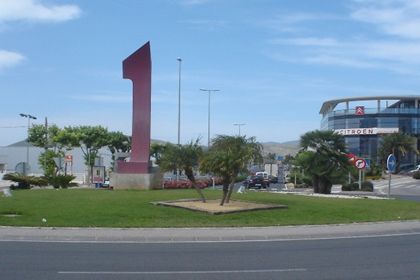
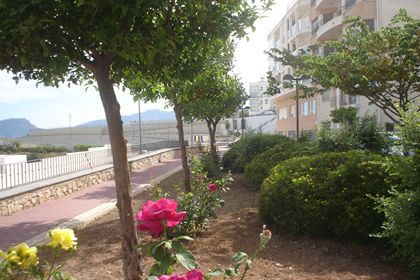
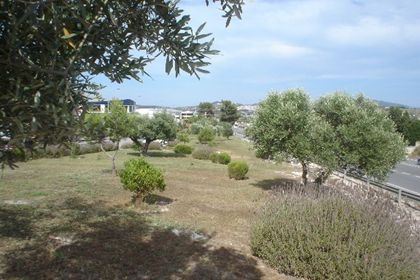
Some of the parks and green zones where treated water will be used
The Town Council of Benissa has applied for and been granted by the Jucar Water Confederation the reuse of water treated at the Benissa-Senija sewage plant with a volume of 251.850 m³ per year, by means of resolution 6417/2006 (2006RU0025) of the 30th September 2008. The resolution allows the use of the water in the parks located to the south of the town (the Capella park, the Beniver green zone, the Selva pine woods, etc ), the gardens in the Avenida de Europa, the Pla de Carrals commercial park, the "La Pedrera" industrial estate, and in the La Costa sports grounds.
The recycling of treated water has the following objectives:
- The use of treated water for the watering of parks and gardens, reserving drinking water for human consumption.
- Guarantee water for irrigation in drought situations and, therefore, the maintenance of public parks and gardens during these periods.
- Preserve the underground aquifers with the least possible overexploitation of the water sources that feed the wells.
- Optimize the use of water with the establishment of time table for catering gardens in order to minimize water loss by evaporation or transpiration.
- Improve automatic watering systems.
- 20% savings in water consumption.
- Adjust the planting of vegetation to the established new objectives.
- Make the population aware of effective water saving methods.
- Savings of 200.000 m³ of water each year.
The Town Hall of Benissa is making a strong bid for sustainability by implicating social, economical and environmental factors.
As far as the environmental factors are concerned we must stress the reduction of the towns dependence on a potentially un-renewable resource such as underground water; the application of the latest technology in sewage treatment that allows the reuse of the water with guarantees, and without health risks or secondary effects.
These measures will allow the preservation of the aquifer and to reserve the water exclusively for human use putting into effect the water saving measures that form part of the Jucar Hydrological Plan and the sustainability concepts featured in the Plan of Action of the European Community.
Also it enables changes in the habits of water consumption, rationalizing the use for watering gardens, limiting this to night-time in order to avoid the wastage that occurs in the hottest hours of the day.
The benefits of the plan affect all the citizens equally since all are users of the public parks and gardens, the existence of which specially benefit the lower income groups that don’t have their own gardens. But the presence of parks also has a positive effect on environmental awareness, promoting respect for nature allowing personal contact with the same and living to opportunity to understand the fragility of the environment.
The Provincial Council has granted the Benissa Town Council a subsidy that will cover 38% of the cost of the works that consist in pumping the water treated in the Benissa-Senija Sewage Plant back up to the town for urban use. The estimated cost is of 203.878,10 euros for this first phase of the project that will allow the water to be recycled for the uses authorized by the Water Confederation. The works will start shortly and will be contracted out and directed by the Provincial Council.
During 2009 work will also start on the second part of the project that will consist in the construction of a storage tank with a capacity of 280 m³.
The third phase of the project, consisting in the distribution of the treated water, the construction of intermediate storage tanks, and the connections in the Capella park, Beniver green zone, Selva pine copse, Avenida de Europa, the “Costa” municipal sports ground, and the Pla de Carrals and Pla de Bonaire will be left for 2010. The last stage will consist in connecting the “La Pedrera” Industrial Estate to the supply of treated water.



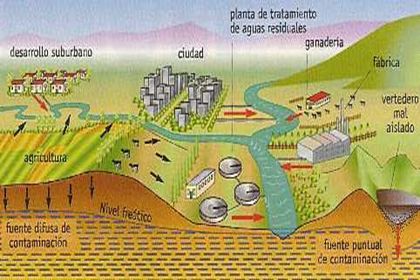
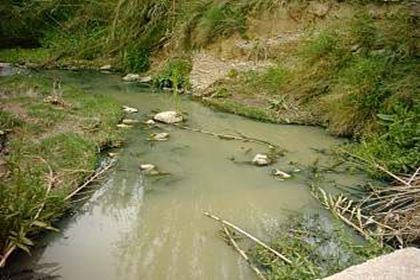
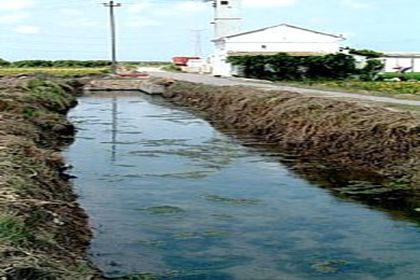
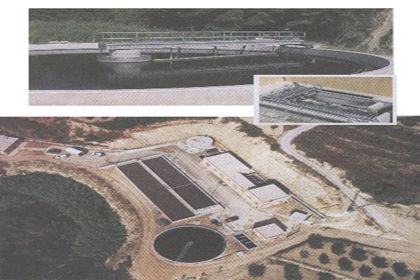
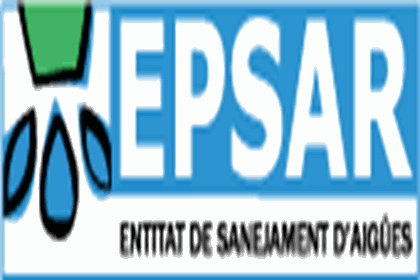
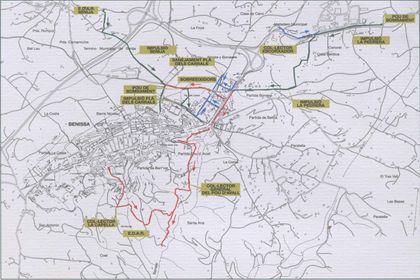
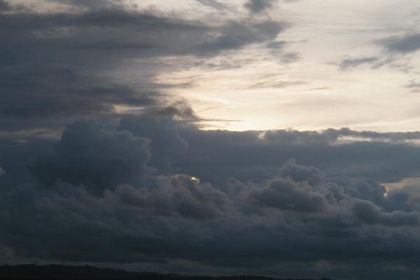
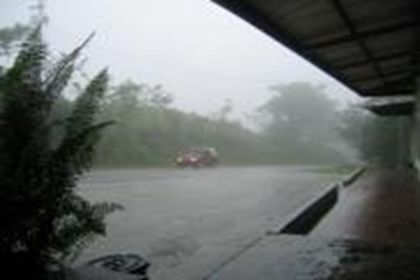 formed. The evaporation from the ground and the transpiration of plants increase the humidity of the air and this water vapor, on cooling down, turns into mist, dew, frost and clouds and falls back down to earth in the form of rain, snow or hail stones.
formed. The evaporation from the ground and the transpiration of plants increase the humidity of the air and this water vapor, on cooling down, turns into mist, dew, frost and clouds and falls back down to earth in the form of rain, snow or hail stones.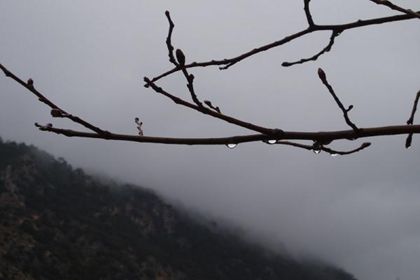
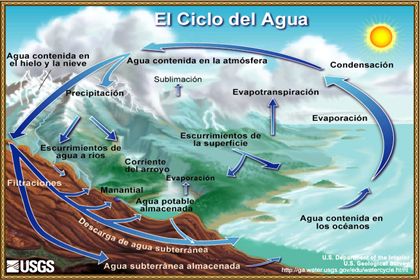
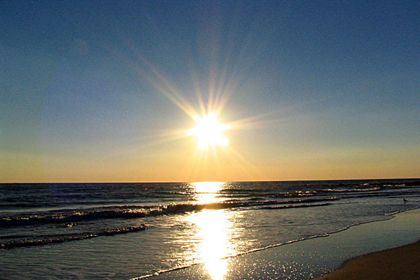
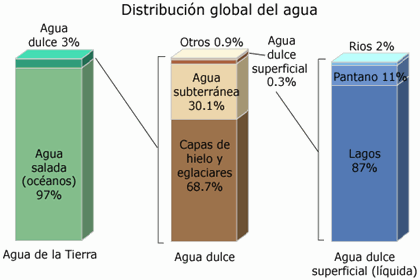
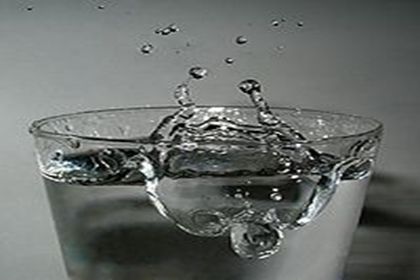
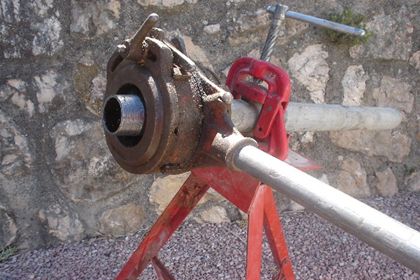
 Castellano
Castellano  Valencià
Valencià  Deutsch
Deutsch  English (UK)
English (UK) 